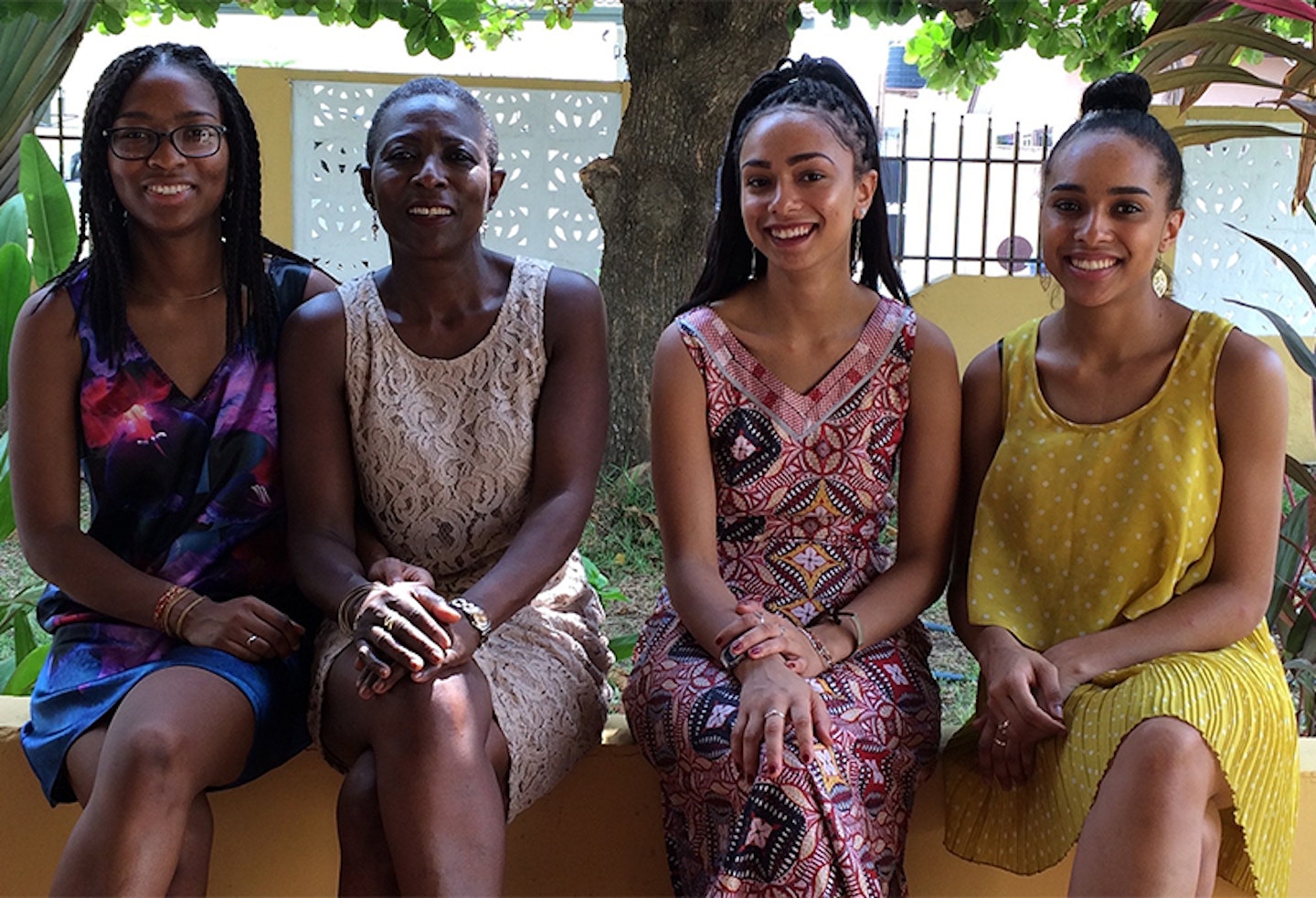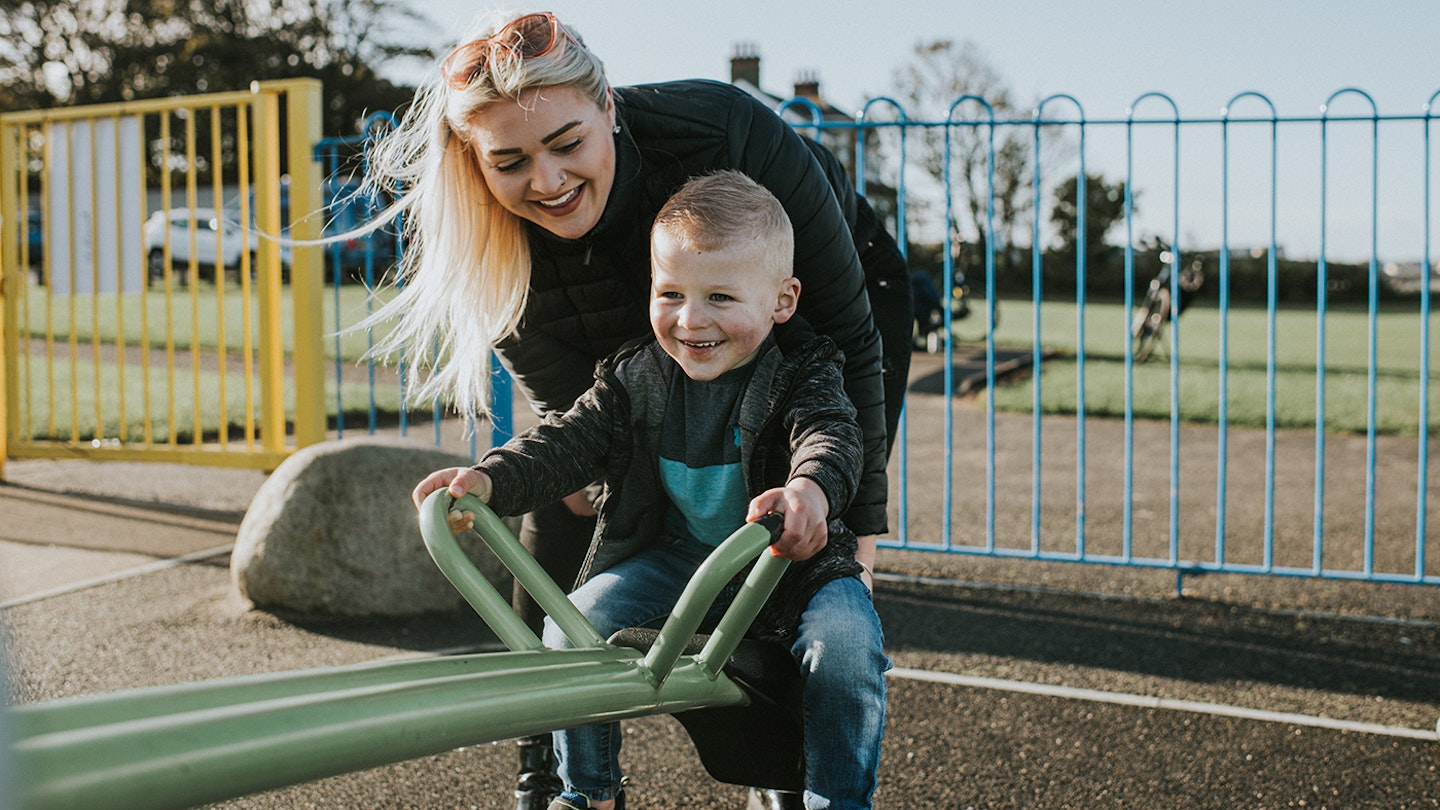Becoming a foster parent is a big decision, but it can be an incredibly rewarding experience, and can have life-changing effects on children and young people who need support that for one reason or another, they cannot glean from their birth parents or biological families.
There are a number of common misconceptions when it comes to the world of foster care; I’m too old to foster. I’m too young to be taken seriously. You can’t foster if you’re a member of the LGBTQIA+ community. You have to be married to foster. You cannot become a foster parent if you are single. You cannot become a foster parent if you are a single parent. The truth is that none of this stuff really matters. What’s more important is whether you can love a child like your own and give them the nurturing upbringing they deserve.
Today, we explore what it means to be a single foster parent, and we’re going to start with a very clear message which is that: yes, you absolutely can foster as a single parent!
We have spoken with two single foster mums from ISP Fostering, Anna and Dedo, about their experiences as single foster mums.
Becoming a foster parent as a single parent
When it comes to fostering it doesn’t matter if you are:
• Male or female
• Single, married, divorced or cohabiting
• A member of the LGBTQIA+ community
• From any religion or ethnic group
• Aged 21 or over
Prospective foster parents are often deterred if they are single, but as long as you have a loving home to provide for children and young people, can offer them a bedroom to call their own and have the right to work in the UK, then you can absolutely foster.
Anna pointed out that lots of people are single parents for their birth children, so why should it make a difference when it comes to foster children? “I had two birth children, and was a single parent for most of my children’s lives so I’m very used to raising children alone,” said Anna, and continued: “when you take children on and bring them into your family, they become your family.”
The support you receive as a single foster parent
Foster care is an incredibly rewarding thing to do, but it doesn’t come without its challenges. Children in care have often experienced trauma or other difficulties in their lives, which is why providing the right support to foster parents is so important.
Both Dedo and Anna receive help and guidance from ISP’s wider support function, which includes social workers, therapists and educational advisors. Dedo’s most recent foster child came to stay at the beginning of lockdown and had some challenges to overcome.

Dedo explained: “With the help of ISP therapists and the other support workers, I was able to go alongside her and hold her in trauma. It’s been just over two years now, and she’s going to university in September. This is a child who hardly spoke, who stayed in her room, who disassociated at the drop of a hat, but she has bloomed. I would liken her to a caterpillar, good in the cocoon and then opening into this amazing, beautiful butterfly.”
Fostering as a single parent can be a daunting prospect, but you should always remember that there is a full support system around you in the form of fellow foster parents, support groups, and the entire professional team behind a foster agency. Anna has a great relationship with other foster parents in her local area.
Anna said: “I have found getting to know other foster parents incredibly supportive. You can learn so much from hearing people talk about their own experiences. You get to know people better, and you realise that we’re all in the same boat!”
Do you need experience with children to become a single foster parent?
You do not need to have had experience with children - be that in a care environment, or through having children of your own - to become a foster parent. But it can be advantageous and quite often people who foster come from fostering families themselves or have had experience in working with children.
For Dedo, both are true. Her own mother fostered and she was a residential social worker many years ago before she became a foster parent. Dedo recalled the experiences of growing up around foster children: “I suppose when you grow up around fostering, you're more aware that they're not just kids in care - you make room for them, look out for them, care for them and respond well to them. I have followed what I’ve seen my mother do.”
Can I have a job alongside foster care?
Looking after foster children is considered a full-time role. It becomes your responsibility to take physical and emotional care of the child or children living in your home, and so it is not always possible to work another job alongside fostering. This is true especially if you are a single foster parent, as you will have less time than a fostering couple.
Whilst it can be done, it is dependent on the nature of your work and what will be required of you in the role. As a foster parent, you have to remember that the needs of the child must always come first, so you need to consider what can realistically be achieved, but this is something that foster agencies will discuss with you to ensure that you are making the right decision.
Financial considerations when fostering
It comes as a surprise to some people that foster parents receive a fostering allowance for the work they do. Some people consider it a vocation, others say it’s a career choice and others think that it’s a way of life. Whatever your view, you will receive a set amount of money for each child in your care – most of which is tax-free. This is to enable you to take the best possible care of them.
With ISP Fostering, you will also receive other allowances which help to cover holidays, summer activities and school uniforms.
The difference that fostering can make
Foster care can be hugely impactful on both the children in care and the adults looking after them, as both Anna and Dedo have experienced.
Dedo described fostering as being “tricky but rewarding”, but said that there is nothing like helping a child overcome their difficulties by offering them a safe space to be themselves and overcome the hard things that they have been through.
Anna said: “Looking after someone else’s children is an amazing thing to do, and an honour really, because you can help them to move forward and deal with their issues. It’s very special. I’ve also learnt a lot that has helped me personally, the issues that I have been dealing with together with the children have made me understand myself better. On top of this, I know that I am giving back and helping. These are the things that not everyone walking down the street can say, so there are a lot of wonderful things about fostering as a single person.”
There is lots of information available to those who are interested in becoming foster parents, and ISP Fostering is a great starting point. With more than 35 years of experience, they provide ongoing training, specialist support, and are passionate about helping young people to get the most out of life despite their tough beginnings.
